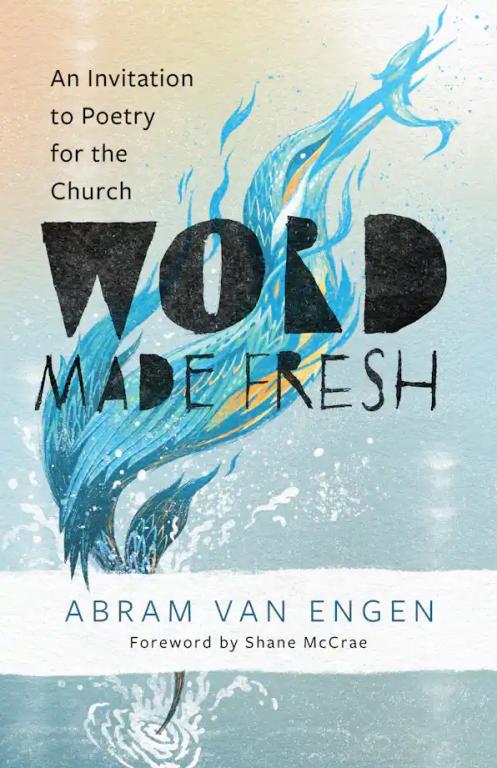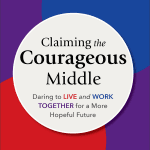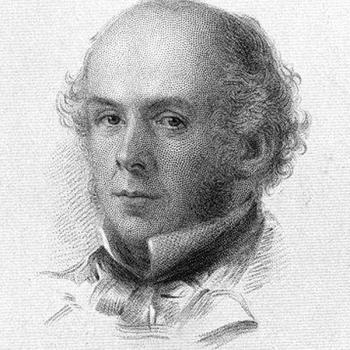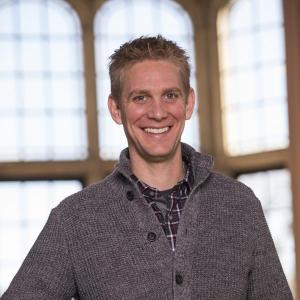Recently, I wrote a book about poetry. I never intended to. Most of my writing and research involves historical works on the Pilgrims and Puritans, where I feel quite comfortable and where I aim to keep writing. Yet for the past several years, I have been doing something a little strange: I teach poetry at church.

I have always loved poetry, which I know statistically makes me a little weird. Most people don’t read poems. Biographies? Yes. Memoirs: definitely. Novels, sure. But poetry? No.
Yet every time I teach poetry, I find the crowd growing from week by week. Poems are more accessible than most people assume. While many fall flat, the ones that work spark something in readers and listeners that no other form of writing seems to do. I’ve seen very ordinary, non-literary, poetry-fearing adults find themselves suddenly moved, shaken, cheered, or comforted by a poem they never saw coming.
So what do poems do, and how do they do it differently?
I think, in part, that poetry teaches us to approach truth with humility. Poetry dwells in the limits of language and the largeness of the world. Rather than stating a proposition or getting the story just right—rather than winning an argument—poetry revels in abundance, employing a concise language that leads in a thousand directions at once. As Robert Frostone said, “We enjoy the straight crookedness of a good walking stick.” That’s what poetry so often gives: a straight crookedness that steadies our advance. The way hikers climb a mountain—ascending sideways and switching back until they summit to a view—so go many poems.
This analogy is not my own. Listen to John Donne, the Anglican poet-priest, writing in the 1600s:
On a huge hill,
Cragged and steep, Truth stands, and he that will
Reach her, about must and about must go,
And what the hill’s suddenness resists, win so.
The sentence does what it says: it winds around until its sudden end (“win so”), and in all that twisting, it describes a path that poetry knows well. Poetry comes at truth on the slant, indirectly, and it does so, as James K. A. Smith writes, because “the Creator of the cosmos comes at us slant. He shows up in a way that also hides.” It is why Smith also loves poetry.
Smith pulls his language from a poem by Emily Dickinson, which begins with these two famous lines:
Tell all the truth but tell it slant—
Success in Circuit lies
Tell the truth. All of it. But how? How do we capture the experience and fullness of reality? This feeble thing of woven language is far too flimsy to hold it all. As the writer and minister Frederick Buechner says in Telling the Truth, words often fail to tell it all, even when we try:
A particular truth can be stated in words—that life is better than death and love than hate, that there is a god or is not, that light travels faster than sound and cancer can sometimes be cured if you discover it in time. But truth itself is another matter, the truth that Pilate asked for, tired and bored and depressed by his long day. Truth itself cannot be stated. Truth simply is, and is what is, the good with the bad, the joy with the despair, the presence and absence of God, the swollen eye, the bird pecking the cobbles for crumbs.
Dickinson suggests that if we have to deal in words, then sometimes it is best to go askew. Tell it slant. The poem explains what she means. To achieve success, she suggests in line 2, we must travel “in Circuit.” Go around the truth. Move in circles. And again, the line does what she says: the grammar winds to the verb.
As a result of that winding, readers land hard on that last word: “lies.” In the most obvious sense, Dickinson says that truth lies down one path, not another. But the word “lies” has other meanings, of course. A lie is the opposite of truth. Tell all the truth, Dickinson says, even to the point of lying. Success in circuit lies.
Poetry reminds us that the best way to get a glimpse of the whole is go around it, poem after poem, perspective after perspective, indirectly, in metaphors and similes and stretches of the imagination that bring us out of ourselves, to a different point of view. God is always more than all we can ever say of him. This world is bigger than we imagined. Reality daunts a rational argument. Poetry, in its brevity, loves plenitude.
More importantly, poetry embraces that plenitude through experience. Truth is lived.
We get that sense from scripture itself. In the Bible, the word “know” functions as a euphemism for sex. When Abraham “knows” Sarah, she gets pregnant. Such language suggests something about knowledge. To “know” means not just to understand, but to undergo.
That biblical understanding of knowledge opens what it means to “tell all the truth” in poetry, for poetry aims at experience. It creates something in the moment of its occurrence. We don’t walk away from a poem and take it with us. We can’t just learn a lesson and leave. A poem exists in and through the experience of the words themselves, as they are heard and read. Poems tell the truth by creating an encounter.
Churches know this already. It’s why poetry litters their liturgies and hymnbooks. Poems enable worship every week, and churchgoing people—even those who claim that they never read poetry—approach the truth of God in countless poems already, week after week. The truth of poetry is a truth irreducible to argument and claim, a truth encountered and experienced, enabled by a carefully crafted line.
“My confidence in the future of literature,” the great writer Italo Calvino once declared, “consists in the knowledge that there are things that only literature can give us, by means specific to it.”
Poetry, I would argue, speaks the truth in ways specific to it—ways we need to learn and live just as badly as story and fact. It’s that conviction which led to my latest book. I stepped away for a moment from my usual scholarly labors into a longtime abiding love, hoping to share that love with others—hoping that others might also venture into poetry to experience a different sort of truth, a truth enacted by the word made fresh.
Abram Van Engen is Chair of the Department of English and a Professor of History and Politics at Washington University in St. Louis. Besides the Word Made Fresh (Eerdmans, 2024), he is author of Sympathetic Puritans (OUP, 2015) and City Upon a Hill (YUP, 2020).













